Exploring the vast landscapes and diverse cultures of the world’s largest countries can be an enthralling experience. Yet, even these expansive nations have surprising omissions. From modern conveniences to cultural staples, what these countries lack might astonish you. Join us as we uncover the unexpected gaps in these colossal nations.
Russia

Russia, the largest country in the world, oddly lacks the widespread presence of Starbucks. A land of snowy expanses and vast forests, you’d expect the familiar green mermaid logo to dot the urban skylines. However, the coffee giant has yet to fully saturate the Russian market, leaving locals to savor their traditional tea.
Imagine walking through Moscow without a frappuccino in sight. While cities like St. Petersburg are catching on to the coffeehouse culture, the absence is still notable. Perhaps the Russian affinity for tea is simply too strong to break.
For now, Starbucks remains a novelty, not a staple, in Russia.
Canada
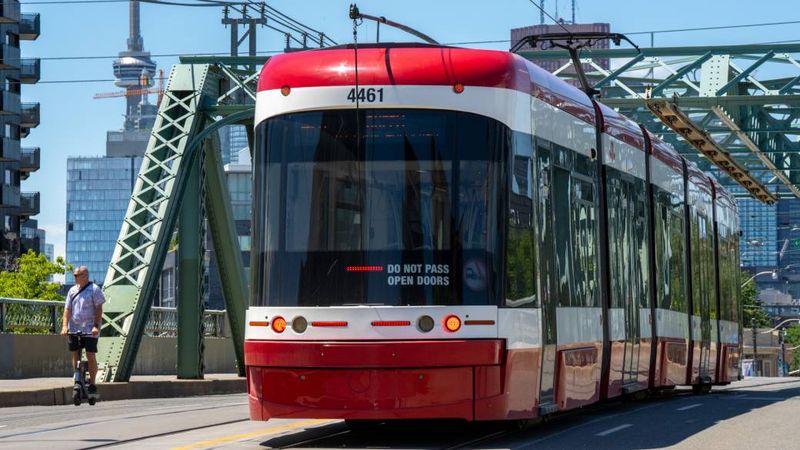
In Canada, a country known for its vast wilderness and polite society, public transportation remains surprisingly scarce. Despite its massive size and modern cities, many areas still rely heavily on cars for daily transport.
Picture bustling Toronto or Vancouver, where public transit options can be limited in comparison to European counterparts. The car-centric culture persists, especially in suburban regions.
This can be attributed to the sprawling nature of Canadian cities, where driving remains the most convenient option. For residents, the car is more than transportation; it’s a necessity.
Brazil

In Brazil, where lively festivals and samba rhythms pulse through the streets, cash still reigns supreme. Despite being a technological giant in many ways, electronic payment methods lag behind.
Imagine attending Rio’s Carnival, surrounded by vibrant costumes, but finding few places accepting digital payments. The reliance on cash can be surprising for tourists expecting modern conveniences.
This cash-dependence might be grounded in economic factors and trust issues with digital transactions. Until then, travelers should be prepared with physical currency to fully enjoy Brazil’s spirited celebrations.
China

China, with its rapid technological advancements, surprisingly lacks Google’s ubiquitous services. Instead, local alternatives like Baidu and WeChat dominate the digital landscape.
Consider navigating a Chinese city, relying on apps entirely unfamiliar to Western users. Google Maps is absent, replaced by local mapping services.
This absence is not just inconvenient for travelers but highlights China’s distinct digital ecosystem. While these alternatives provide similar functions, the absence of Google is a stark reminder of China’s unique internet environment.
United States

The United States, a leader in technology, is paradoxically home to numerous ‘digital deserts.’ In rural areas, internet connectivity is limited or extremely slow.
Imagine a vast countryside where high-speed internet is a luxury, not a given. This digital divide affects education, business, and communication, leaving many isolated from the digital age.
Despite efforts to bridge this gap, rural areas still struggle with poor connectivity. It’s a surprising shortfall in a nation known for Silicon Valley and technological innovation.
Australia

Australia, famous for its stunning beaches and laid-back lifestyle, surprisingly lacks widespread Wi-Fi hotspots. While cities like Sydney and Melbourne offer connectivity, many areas remain internet-free.
Envision lounging on Bondi Beach, surrounded by natural beauty, yet disconnected from the digital world. This lack of ubiquitous Wi-Fi can be refreshing for some, problematic for others.
The challenge lies in balancing technological access with preserving the serene environment that defines Australia. For now, many embrace the chance to unplug in this digital age.
India
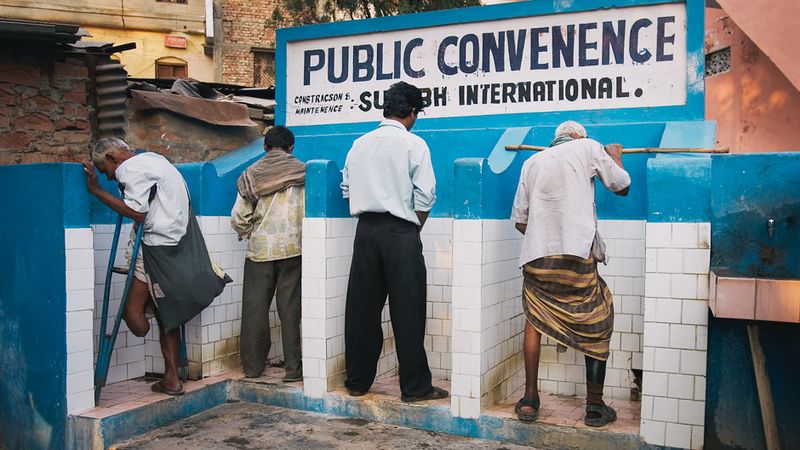
In India, amidst its colorful bazaars and rich heritage, public sanitation facilities are notably lacking. Despite being a nation of rapid development, sanitation infrastructure remains a challenge.
Visualize navigating a busy street market, vibrant with sights and sounds, yet struggling to find clean public restrooms. This gap affects daily life, particularly for women and travelers.
Government initiatives aim to address these issues, but progress is gradual. The need for improved facilities continues to be a pressing concern in urban and rural areas alike.
Argentina
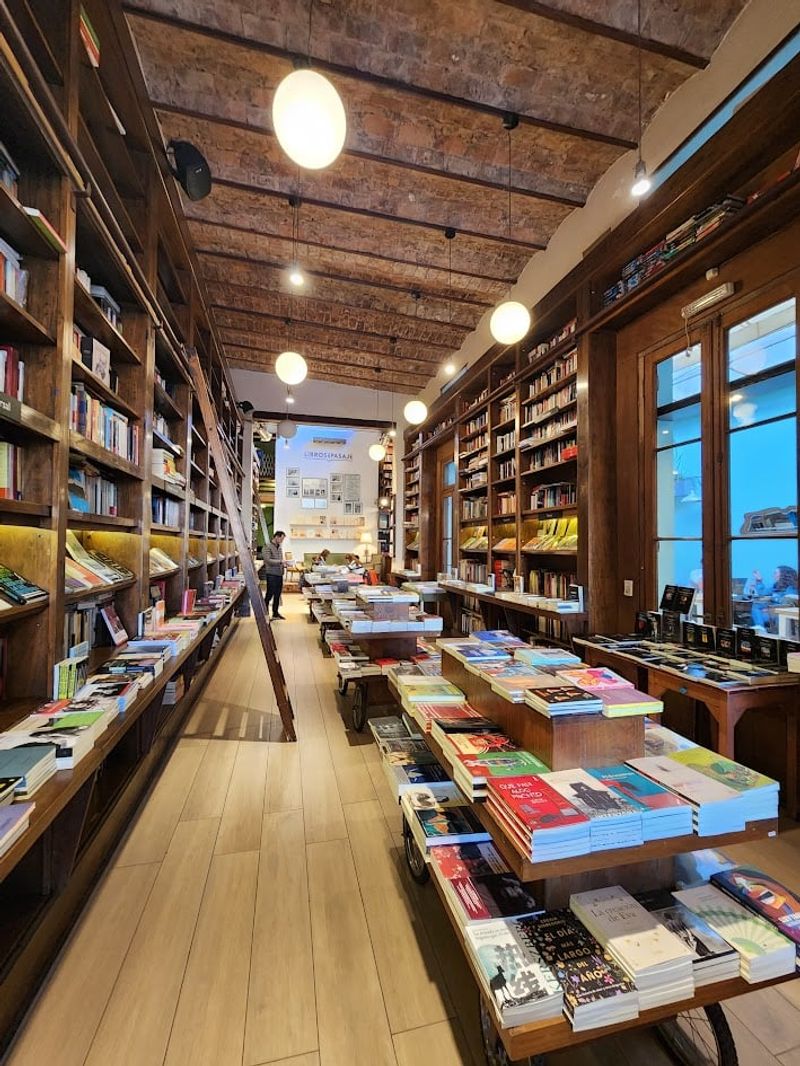
Argentina, a country rich in cultural heritage and literary history, surprisingly lacks local bookstores, especially in urban areas. Digital reading has taken precedence, leaving traditional bookshops in the past.
Picture wandering through Buenos Aires, a city of literary fame, finding more e-readers than quaint book nooks. This shift reflects broader global trends but is felt deeply in a nation of book lovers.
As digital consumption rises, Argentina’s book market adapts, yet the nostalgia for tangible tomes remains strong among its people.
Kazakhstan
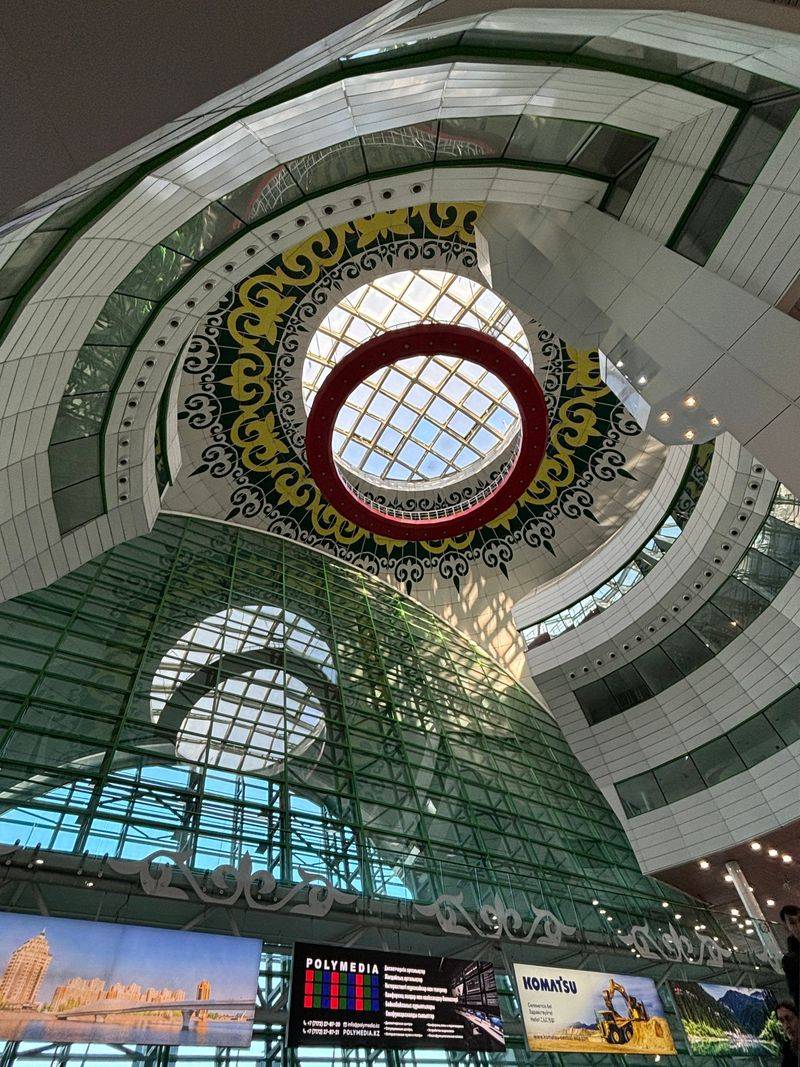
Kazakhstan, with its sweeping steppes and rich nomadic culture, surprisingly lacks the omnipresence of fast food chains. Traditional food stalls dominate, offering local flavors over global brands.
Envision traveling through Almaty, where fast food outlets are scarce, replaced by authentic Kazakh cuisine. This preference for traditional foods is rooted in cultural pride and culinary heritage.
While fast food is accessible in major cities, it’s not yet a staple. The focus remains on preserving Kazakhstan’s rich culinary traditions amidst globalization.
Indonesia
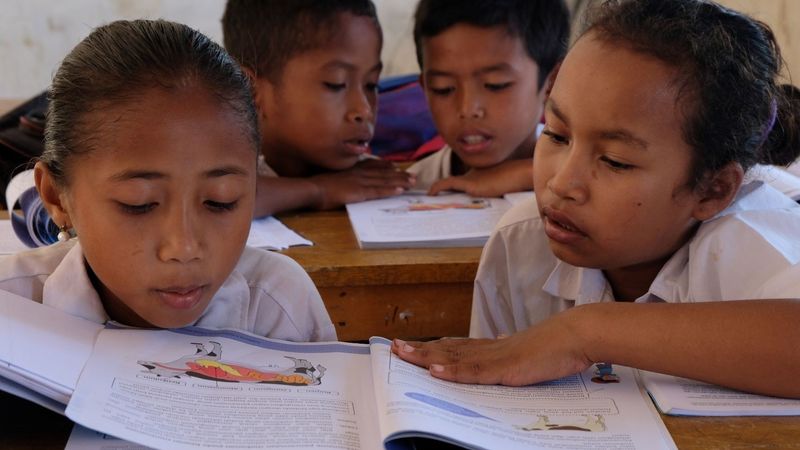
Indonesia, known for its picturesque islands and vibrant culture, surprisingly lacks large public libraries. Instead, small community reading spaces prevail, fostering local engagement.
Imagine exploring Bali, surrounded by natural beauty, yet finding only intimate reading nooks. These spaces offer a personal touch but lack the vast resources of larger libraries.
Efforts to establish more comprehensive libraries are underway, driven by a passion for education and literacy. Until then, Indonesia’s reading culture thrives in its unique, small-scale environments.
Democratic Republic of the Congo
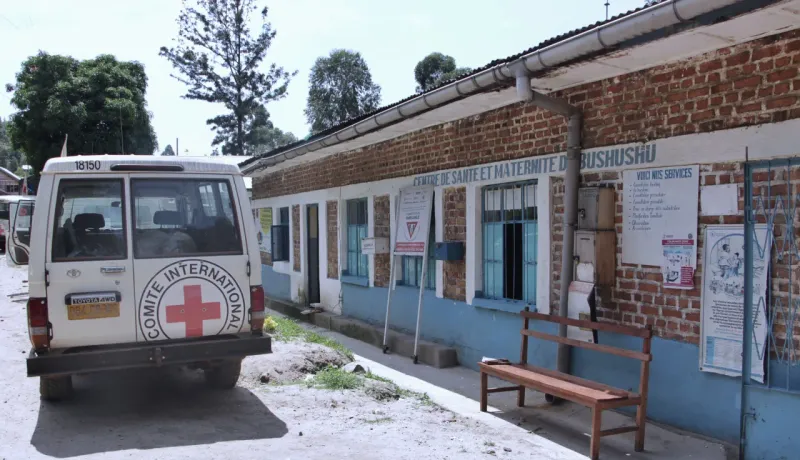
In the Democratic Republic of the Congo, a country blessed with natural resources, healthcare facilities are notably scarce. This lack stands out in a nation striving for development amidst challenges.
Picture a vast jungle landscape with limited medical access, where healthcare is a precious commodity. Efforts to improve infrastructure are ongoing but face significant obstacles.
The scarcity of healthcare services affects millions, underscoring the urgent need for investment and reform. It’s a critical issue in ensuring the well-being of the Congolese population.
Saudi Arabia

Saudi Arabia, a nation of desert kingdoms and oil wealth, recently lifted its ban on public cinemas but still lacks a widespread cinematic culture. Home entertainment prevails.
Envision Riyadh, a bustling metropolis, yet with few theaters lining its streets. The recent change in cultural policy marks a new era, but the transition is gradual.
For decades, Saudis have relied on home screenings. The shift towards public cinemas is gradual, reflecting broader social changes in the kingdom.
Mexico
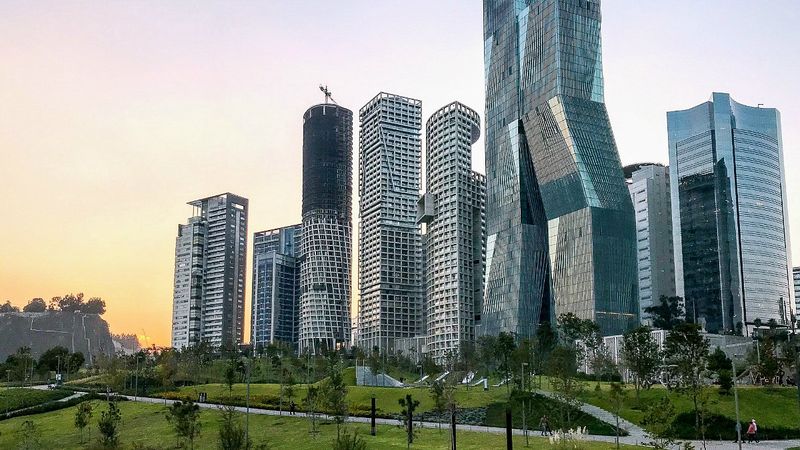
Mexico, with its vibrant culture and history, surprisingly lacks public parks in many urban areas. Despite the beauty of its landscapes, city dwellers have limited green spaces.
Picture bustling Mexico City, where concrete often outweighs greenery. This shortage impacts quality of life, highlighting a need for urban planning reform.
Efforts to increase park spaces are underway, aiming to provide city residents with much-needed natural retreats. Green initiatives continue to gain momentum across the nation.
Nigeria
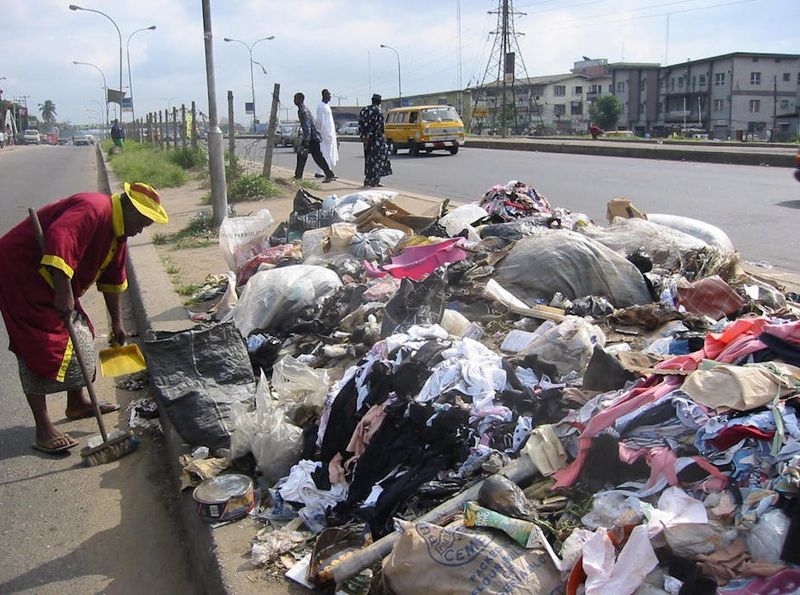
Nigeria, a bustling hub of cultures and economies, surprisingly lacks efficient waste management systems. This shortfall affects cities striving for modernity amidst rapid growth.
Imagine Lagos, vibrant and dynamic, yet struggling with waste issues. The absence of robust systems leads to environmental challenges and health concerns.
Initiatives to improve waste management are in progress, but significant hurdles remain. The need for sustainable solutions is urgent in Nigeria’s urban landscapes.
Egypt

Egypt, a land of ancient wonders and bustling cities, surprisingly lacks bicycle-friendly infrastructure. Despite the rise in cycling enthusiasts, facilities lag behind.
Visualize Cairo, with its historic charm, yet few bike lanes. The dominance of cars persists, making cycling a challenge for many.
Efforts to promote cycling are growing, driven by environmental and health motivations. Still, the infrastructure needs significant enhancements to accommodate cyclists safely.
Pakistan
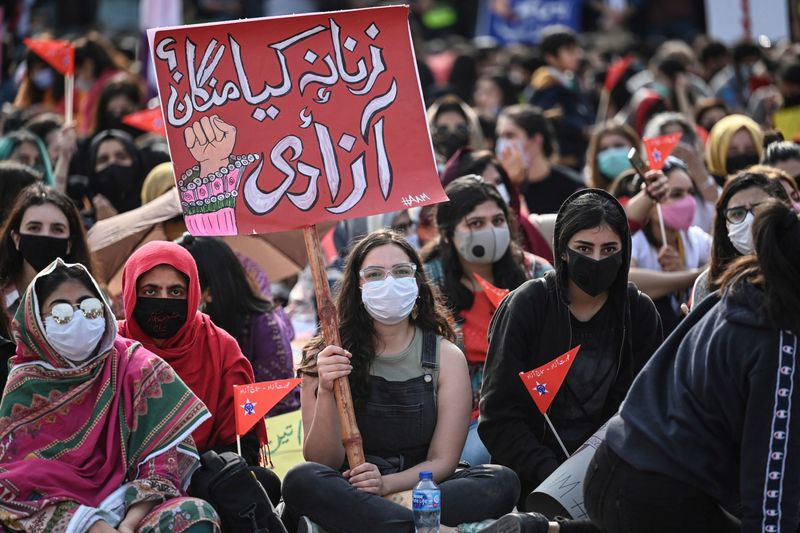
In Pakistan, a nation of diverse cultures and traditions, women-only public spaces remain limited. This gap highlights ongoing gender challenges.
Imagine Karachi, bustling and vibrant, yet lacking areas where women can freely gather. This shortage affects social interactions and cultural exchanges.
Initiatives to create more inclusive spaces are emerging, reflecting shifts in societal attitudes. The journey towards equality continues in urban and rural areas alike.
Bangladesh
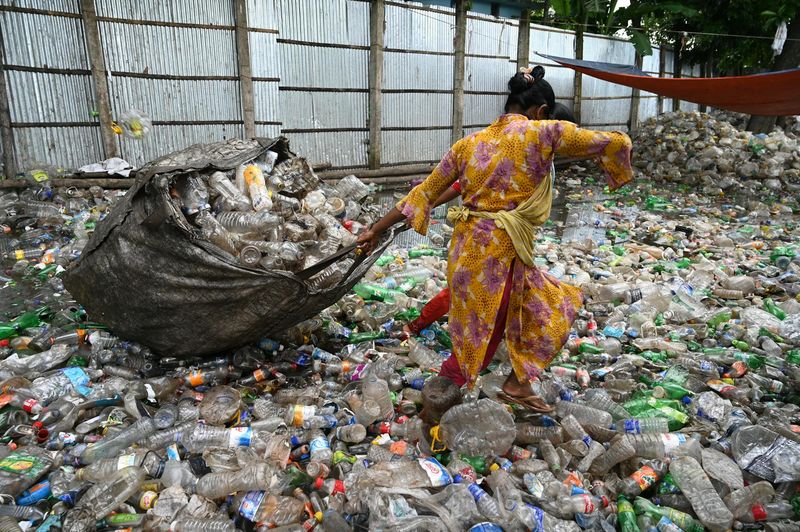
Bangladesh, with its rich culture and history, surprisingly lacks comprehensive recycling facilities. This gap poses environmental challenges in a densely populated nation.
Picture Dhaka, vibrant with activity, yet struggling to manage waste sustainably. The absence of recycling systems contributes to pollution and resource issues.
Efforts to improve sustainability are underway, driven by environmental concerns and community initiatives. The journey towards a greener Bangladesh involves overcoming significant obstacles.
Ukraine

Ukraine, a nation rich in history and landscapes, surprisingly lacks widespread renewable energy installations. This dependency on traditional energy sources poses economic and environmental challenges.
Imagine Kyiv, vibrant and historic, yet struggling to integrate green technology. Efforts to diversify energy sources are gaining momentum.
The transition to renewables is crucial for Ukraine’s future sustainability. Investment in green energy continues to grow, driven by a need for energy independence and environmental stewardship.
Algeria: Ski Resorts

In Algeria, known for its vast deserts, the idea of skiing might seem outlandish. Yet, nestled in the Tell Atlas Mountains, you’ll find small ski resorts that defy expectations. Imagine skiing down powdery slopes under a bright African sun, a rarity in this part of the world.
Historically, locals have taken to these slopes, embracing a winter sport that feels worlds away from the Sahara. The contrast is striking, offering a unique blend of culture and adventure.
Despite its rarity, skiing in Algeria is a testament to the country’s diverse geography and ability to surprise.



